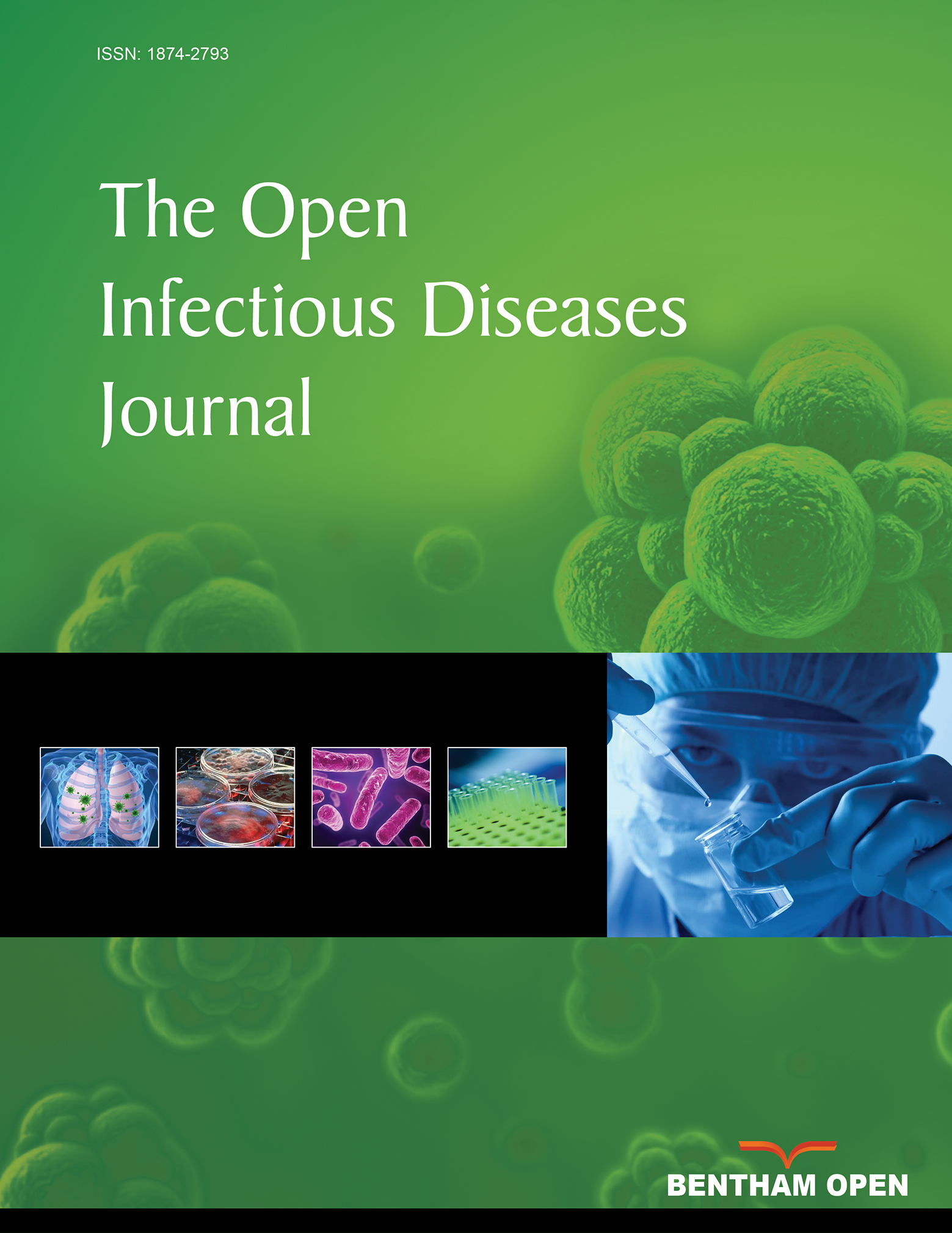All published articles of this journal are available on ScienceDirect.
Asymptomatic Carriage of Respiratory Pathogens: “The Wolf shall Dwell with the Lamb…and a Little Child shall Lead them” (Isaiah 11: 6)
Abstract
The human respiratory mucosa becomes colonized by a wide array of bacterial species in early life. Residing microorganisms comprise commensal as well as potentially virulent bacterial species that have adapted to and co-evolved with their host. Because of the specific environmental conditions prevalent in the respiratory tract, colonizing organisms have developed functionally similar components that enable them to thrive on the mucosal surfaces and establish chains of person-to-person spread through droplet transmission. Members of the normal respiratory flora exhibit complex relations ranging from cooperation to mutual interference. This normal flora is maintained under strict control by the integrity of the respiratory epithelium and immunological phenomena, whereas residing bacteria show remarkable antigenic variability that guarantees survival of the species through a constant turnover of colonizing strains. The overall composition of carried organisms can be deeply affected by antibiotic exposure and use of conjugate vaccines. Although bacterial carriage is usually asymptomatic, contributory factors such as young age, primary or acquired immunodeficiencies, viral infections, and emergence of hypervirulent clones, may facilitate the development of mucosal or systemic disease.


